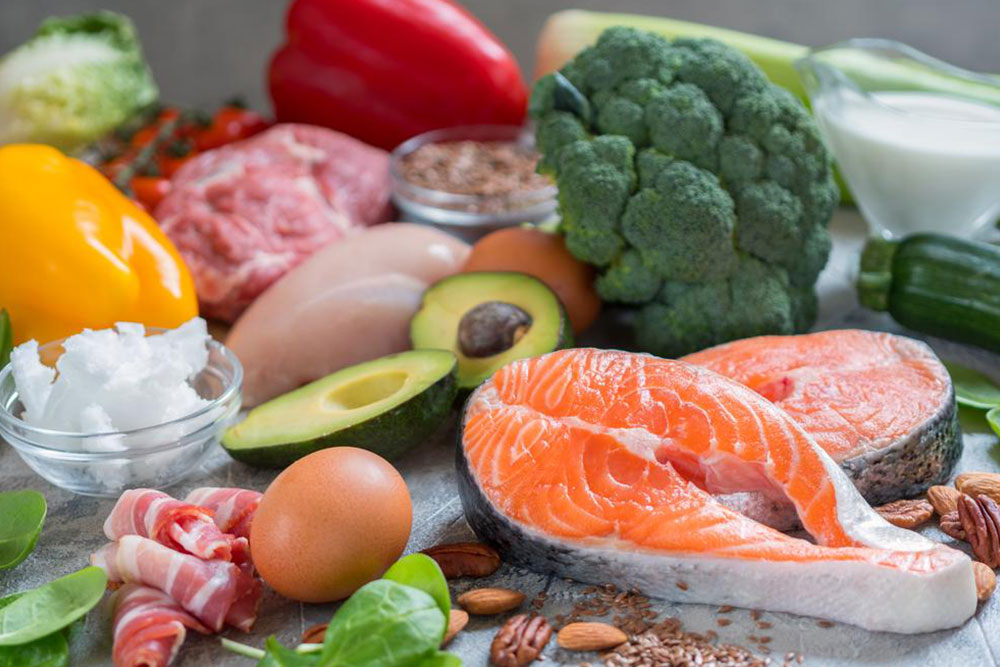Effective Dietary Strategies for Managing Diabetes Immediately
Discover effective dietary strategies for managing diabetes, including the Mediterranean, Paleo, gluten-free, and plant-based diets. Learn how to combine nutrition and exercise for optimal blood sugar control, supported by expert advice. This guide helps you choose and implement the best diet for your health and lifestyle, reducing future risks and enhancing quality of life.

Managing diabetes effectively involves adopting the right dietary practices. Emphasize lean protein sources and foods high in fiber, while cutting back on processed carbs. Incorporate more fruits, vegetables, and low-fat dairy products into your meals for optimal health.
Diet to Reduce Hypertension and Diabetes Risk
Originally aimed at lowering blood pressure, this diet also helps reduce diabetes risk by promoting portion control. It emphasizes foods rich in magnesium, potassium, and calcium, such as:
Seafood and poultry for protein
Fresh vegetables (including beans) and fruits
Nuts and seeds
Low or fat-free dairy products
Whole grains
Healthy vegetable oils
Limit sodium intake to 1500 mg daily, minimize red meats and sweets for better results.
Mediterranean Diet for Blood Sugar & Heart Health
Based on traditional Mediterranean cuisine, this diet is excellent for managing diabetes. It’s rich in oleic acid and proven to lower fasting sugar levels and assist weight management, reducing metabolic disorders. Key foods include:
Chicken, eggs, and fatty fish like salmon
Fresh fruits and vegetables
Nuts and seeds
Olive oil
Paleolithic Diet: Back to Our Roots
Inspired by ancestral eating patterns, this diet includes foods obtainable through hunting and gathering. It is considered beneficial for controlling blood glucose levels among type 2 diabetics. Allowed foods are:
Chicken and fish
Non-starchy vegetables and fruits
Nuts and seeds (excluding peanuts)
Healthy oils like olive, coconut, flax, and walnut oil
Studies indicate that the Paleolithic diet can quickly help control glucose levels in type 2 diabetes.
Gluten-Free Diet for Diabetic and Celiac Conditions
Increasingly popular, this diet is essential for those with celiac disease, which is common among diabetics. Foods containing gluten—like wheat, rye, and barley—must be avoided if you have gluten intolerance. Consult a healthcare provider to assess your gluten sensitivity before adopting this plan. It's important to note that gluten-free is not the same as low-carb, unless prescribed for celiac disease.
Vegan and Vegetarian Eating Plans
Vegetarians exclude meat, while vegans avoid all animal products. Their diets typically include:
Legumes, soy-based products, and green leafy vegetables
Fresh fruits
Nuts
Whole grains
These diets can be very healthy for managing diabetes but may lack certain nutrients. Vegetarians and vegans should ensure adequate intake of calcium, iodine, vitamin B12, and zinc, possibly through supplements or plant-based sources like broccoli and kale.
Importance of Regular Exercise
Alongside diet management, consistent physical activity plays a vital role in controlling blood sugar levels and improving overall diabetic health. It helps maintain stable glucose and HbA1c levels. Always keep your insulin regimen unchanged unless advised by a healthcare professional, and discuss your exercise plans before starting a new routine.
Consult a nutritionist to select the most suitable diet plan for your specific health needs. Expert guidance ensures effective glucose control and minimizes future complications.










